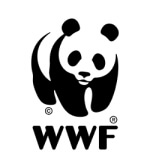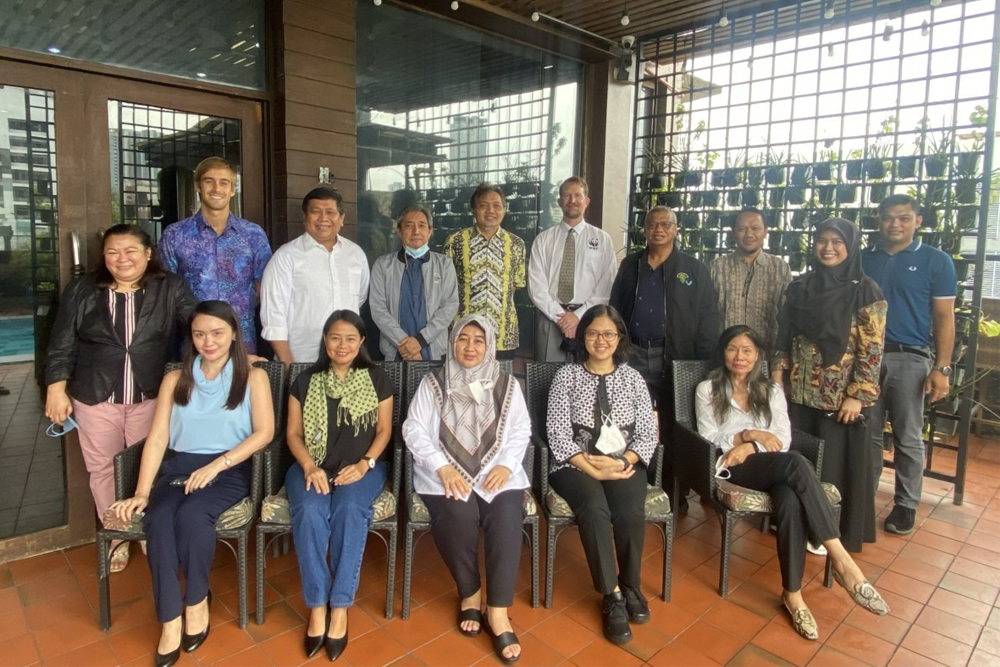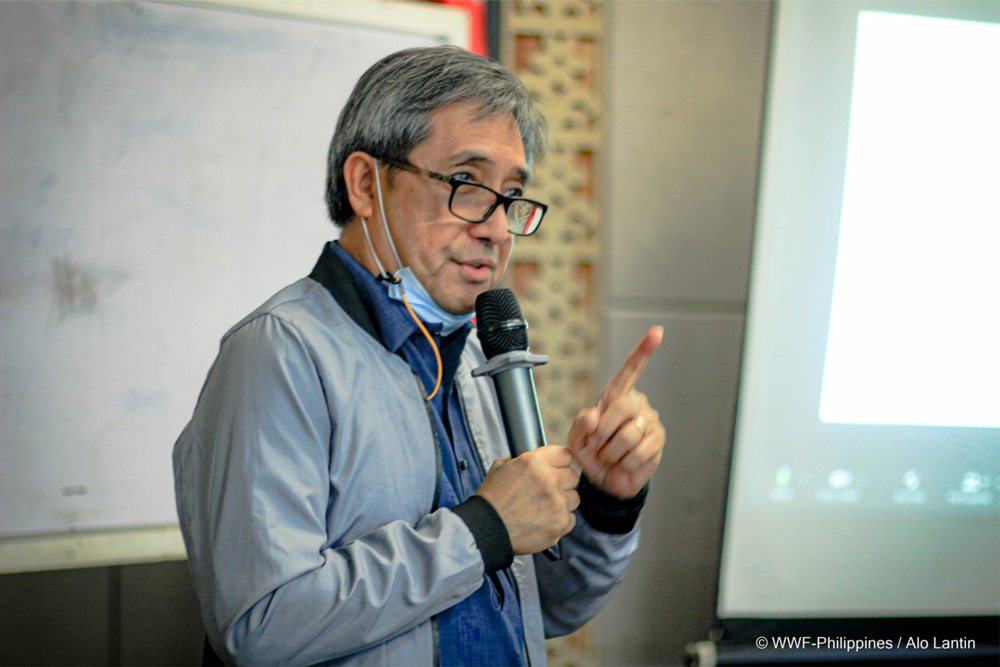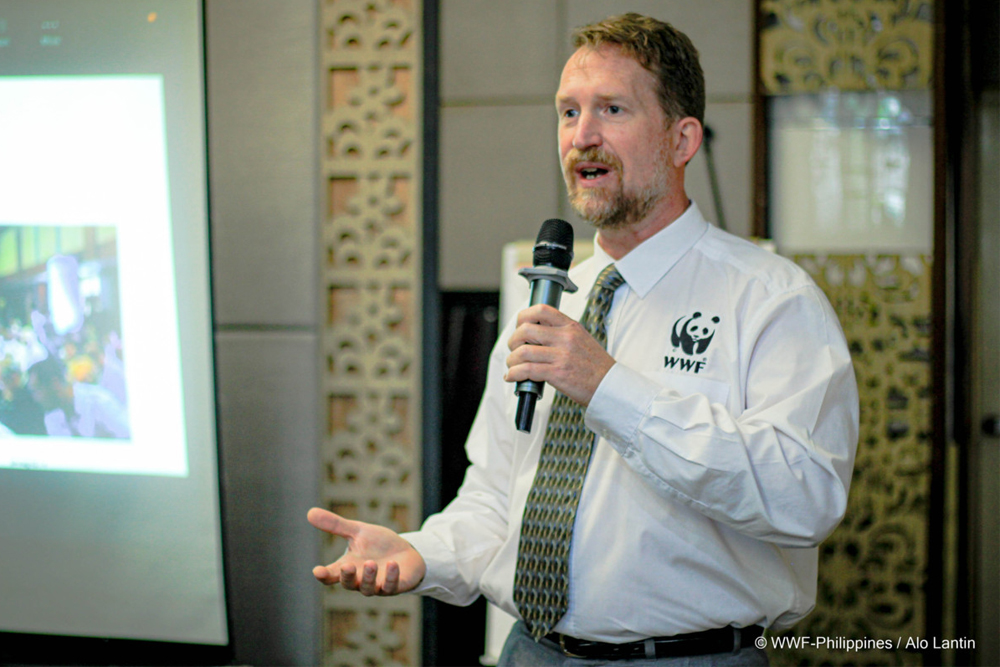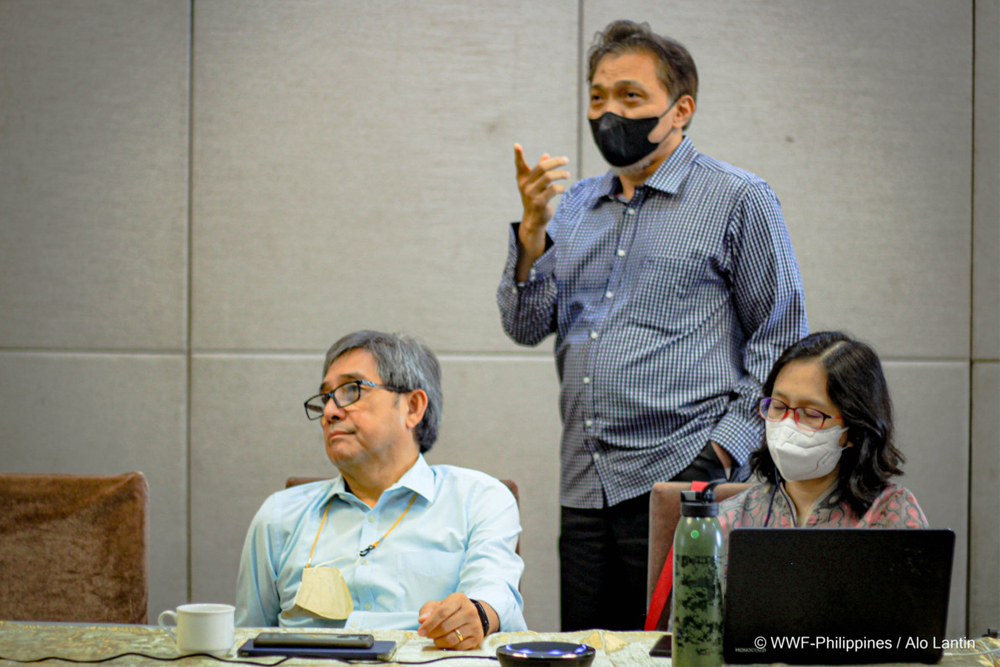Representatives from both the Philippine and Indonesian governments met in Quezon City, Metro Manila from the 24th to the 25th of August to discuss the possibility of cross-border cooperation as an effort to contribute to sustainable management of yellowfin tuna (Thunnus albacares).
Tuna represents an important commodity for the economies of both the Philippines and Indonesian economies. A total of 134,412 million tons of tuna products were exported by the Philippines in 2020. Yellowfin comprised 70.5% of all tuna products.
Meanwhile, Indonesia exported over 195,000 tons of tuna in the same year, where 48% of tuna caught in Indonesian archipelagic waters were yellowfin.
Yellowfin tuna is a highly migratory species. The yellowfin tuna stock fished by the Philippines and Indonesia travels a vast range that encompasses most of the Western and Central Pacific Ocean.
Their economic value and migratory nature make yellowfin tuna both a challenging but important fish to manage.
The dialogue meeting explored common pathways the two Coral Triangle nations could commit to in the sustainable management of yellowfin tuna. The goal of the meeting was to open options for both countries towards strengthening their tuna harvest strategies.
“This meeting is a chance to discuss more informally as friends and members of the same community your vision for securing our shared resources far into the future,” shared WWF-Philippines Executive Director Katherine Custodio as she delivered her event’s opening remarks.
Dr. Fayakun Satria, Head of Research Center for Fishery – Research Organization for Earth Sciences and Maritime – from the Indonesian National Research and Innovation Agency (BRIN) stated “This kind of work we are doing can be closer and extended, as our governments work together with the similar objective of the long-term sustainability of our fisheries.”
{Domendon] Nestor D. Domenden, OIC National Director of the Philippines’ Bureau of Fisheries and Aquatic Resources (BFAR), meanwhile, reminded participants that “Our fishers are an important stakeholder in these discussions, because they are the ones who will be most affected by these measures.”
“Our shared goal is to make our fisheries sustainable. The reason being that we want our grandchildren to still have food on the table,” added Atty. Benjamin Tabios, .Head of the Office of Special Concerns of BFAR
Both delegations acknowledged the importance of having harvest strategies in place to manage their tuna fisheries. They also agreed to identify priorities for their respective fisheries, as well as mutual benchmarks to determine the health of tuna stocks.
As conveners of the meeting, the WWF network expressed its commitment to supporting ways of establishing regional cooperation toward the sustainable management of yellowfin tuna.
Bubba Cook, WWF Coordinator for the Western and Central Pacific Fisheries Commission, expressed WWF’s optimism over the proceedings. “As neighbors, we also help each other. When I hear about what these two countries have been doing I have faith, because at the end of the day we have to work across the entire region in order to ensure the future viability of our tuna stock,” shared Cook.
West Pacific East Asia Project (WPEA) Project Manager Lars Olsen explained that the purpose of his project is to engage Indonesia, the Philippines and Vietnam in joint fishery management efforts. According to Olsen, the three nations account for approximately 30% of the fish catch recorded by the Western and Central Pacific Fishery Commission.
“So these three countries are a very important part of the Commission,” expressed Olsen.

